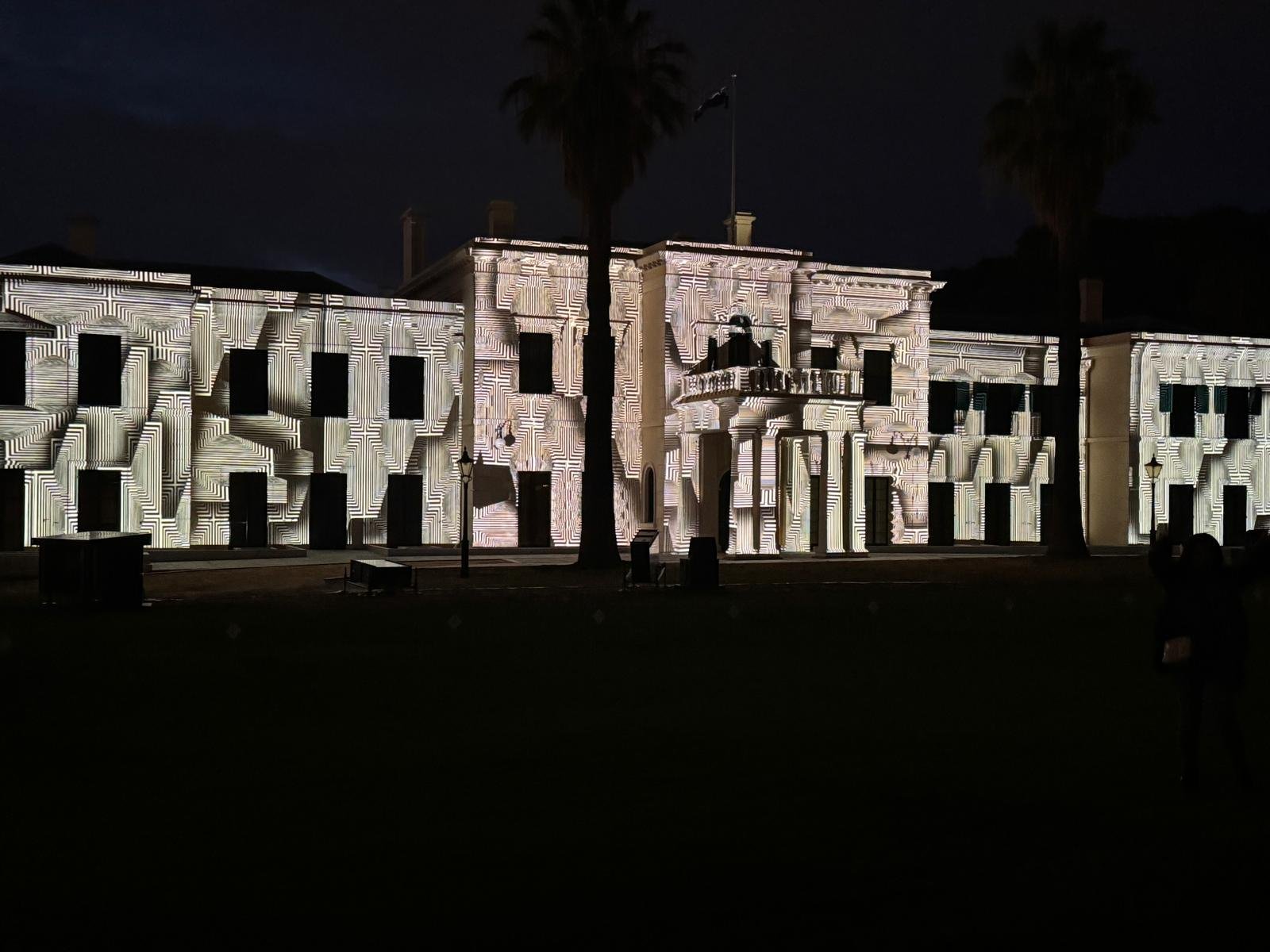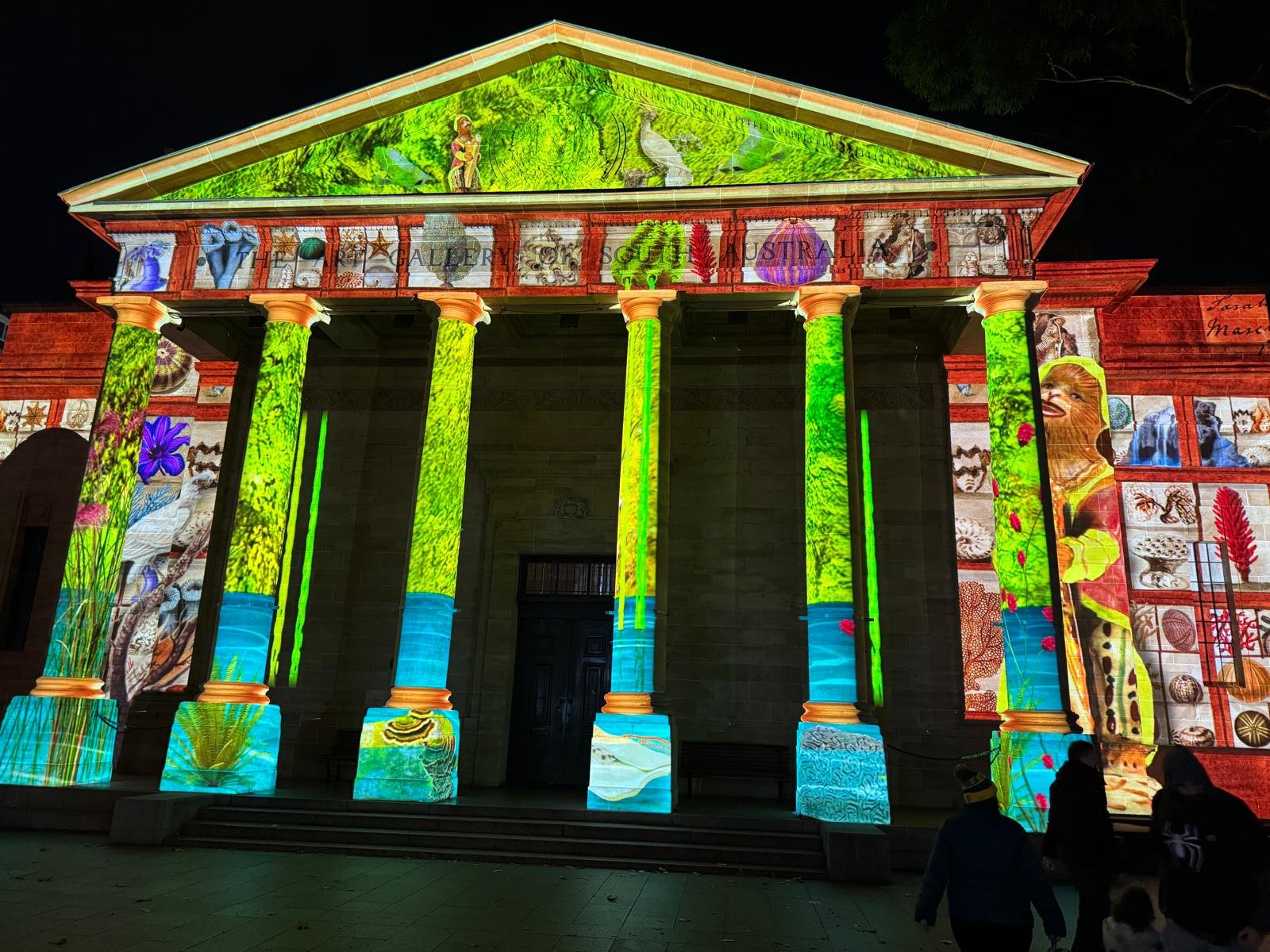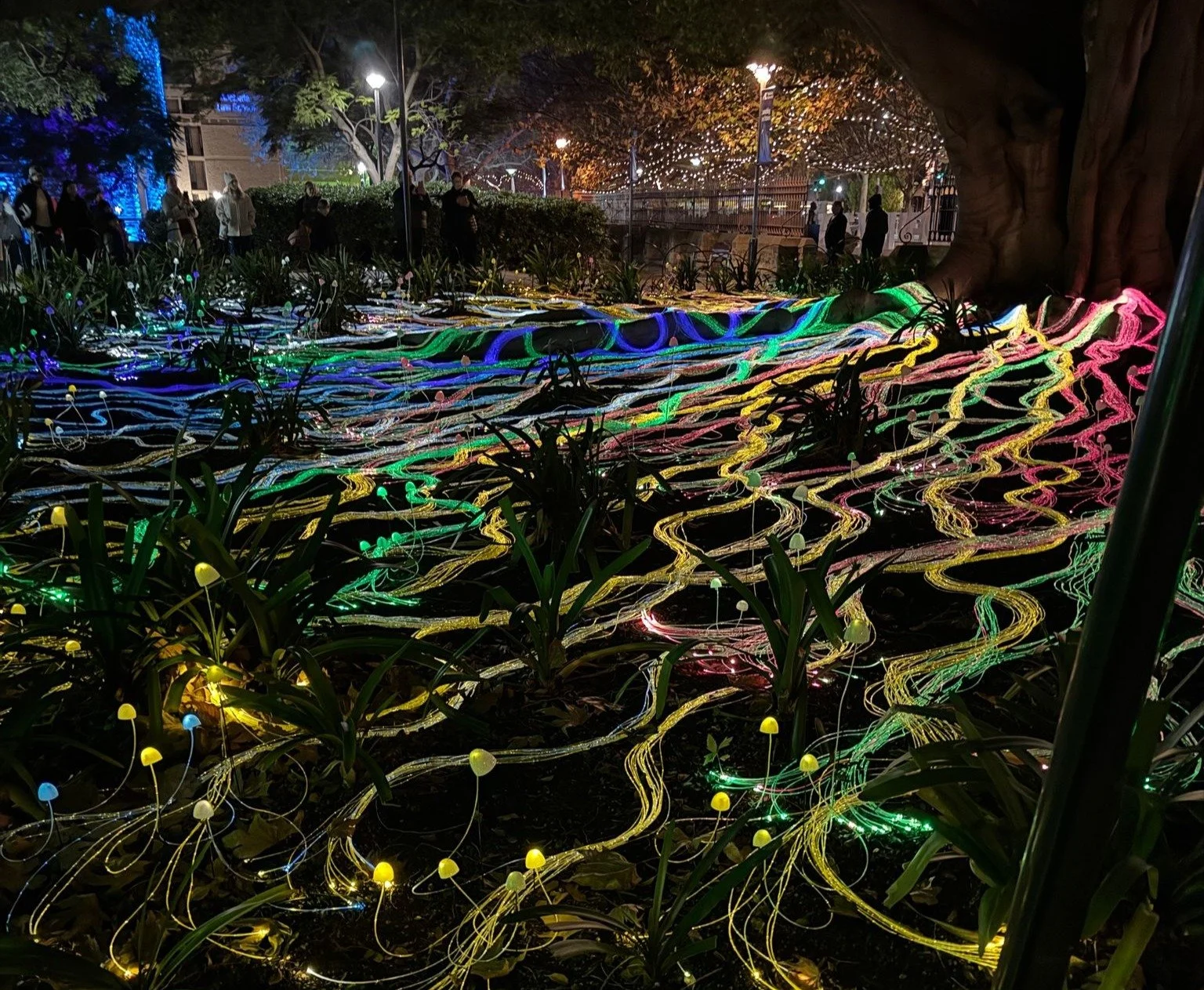
Blog

REAIE Landscapes of Collaboration: New Possibilities for Education in Complex Times: Reflection Four
Beyond Tokenism: Embracing Depth and Authenticity in Practice
Towards the close of the REAIE Conference, we had the privilege of hearing from Lou Kirkwood and Leah Ryan, leaders at New Horizons Pre-School in Hobart.
https://newhorizonspreschool.com.au/
Their presentation offered a powerful insight into how democratic values, pedagogy, and organisational structures can be genuinely aligned with a shared educational vision.

REAIE Landscapes of Collaboration: New Possibilities for Education in Complex Times: Reflection Three
Reflection Three: “Embodied Cognition”
In two compelling keynotes “The City at Play: Children Protagonists of the City” by Consuelo Damasi and “The City Grows Like We Do: Conversations and Encounters” by Elena Maccaferri, we are reminded of a fundamental yet often overlooked truth: learning does not reside solely in the brain. It is embodied, relational, and deeply responsive to the environments we inhabit.

REAIE Landscapes of Collaboration: New Possibilities for Education in Complex Times: Reflection Two
Reflection Two: “Children are Intelligent Researchers” Consuelo Damasi
When we speak about the “One Hundred Languages”, we want to be clear that every language has equal value and dignity with all the other languages. Schools may place emphasis on written, spoken and read language however these are not more important than the other languages children use to know and understand the world around them. How are we the adults bringing an “aesthetic dimension” to children’s learning?

REAIE Landscapes of Collaboration: New Possibilities for Education in Complex Times: Reflection One
What a joy it was to be part of the Landscapes of Collaboration: New Possibilities for Education in Complex Times conference, hosted by the Reggio Emilia Australia Information Exchange (REAIE).
These are indeed complex times in education and we are all feeling this in different ways in our different contexts all over the world. Being surrounded by educators so deeply committed to honouring the rights, voices, and potential of children was both humbling, inspiring and hopeful. A particular highlight was listening to the powerful words of Consuelo Damasi, atelierista, and Elena Maccaferri, pedagogista, from Reggio Children in Reggio Emilia, so beautifully and respectfully translated by Jane McCall.

Key Points for Teacher Reflection
Flexibility and Adaptability: the ability to adapt as needed, to not follow a rigid plan and realize that lessons often do not go the way you intended. Being a flexible teacher means that you are more likely to meet the needs of your students as you adjust the learning in response to student needs rather than ‘covering’ a checklist of predesigned activities.
